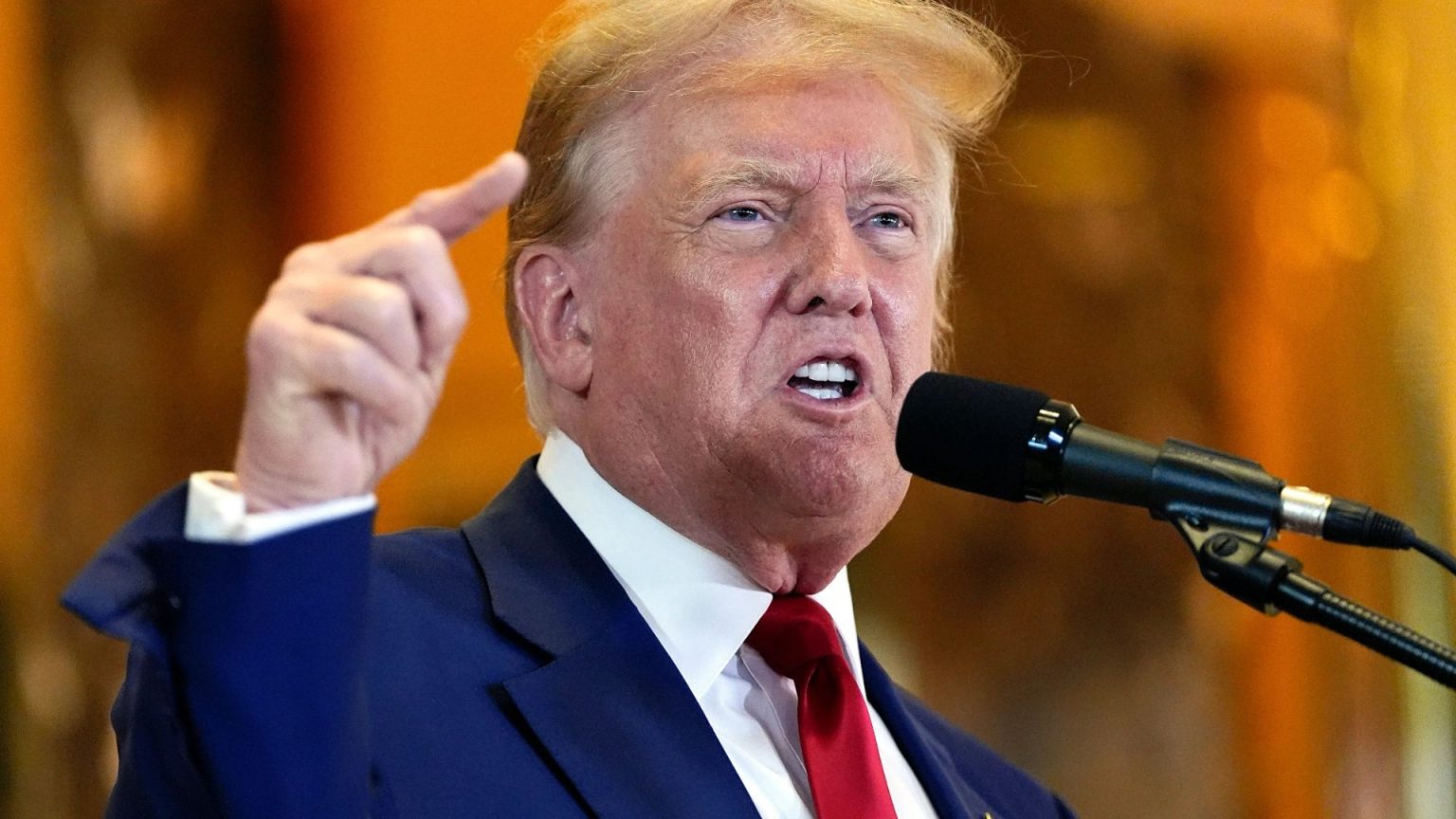Former President Donald Trump faces sentencing in a New York hush-money case, sparking a flurry of criticism from the former president directed at the judge presiding over the case, Juan Merchan. Trump, recently re-elected to the presidency, has vehemently denied any wrongdoing, characterizing the proceedings as a politically motivated “witch hunt” orchestrated by Democrats and the Department of Justice. He has specifically targeted Judge Merchan, labeling him “corrupt” for denying his motion to dismiss the charges and proceeding with the sentencing scheduled for January 10th, just ten days before his presidential inauguration. Trump maintains that legal experts concur with his assessment that there is “no case” against him.
The charges stem from a 2016 incident involving adult film actress Stormy Daniels, who alleged an affair with Trump. Prosecutors allege that Trump, through his then-attorney Michael Cohen, made hush-money payments to Daniels to suppress the story during the presidential campaign. Trump was subsequently convicted on 34 felony counts of falsifying business records related to these payments. While Judge Merchan has indicated that Trump is unlikely to face jail time, opting instead for a conditional discharge contingent on avoiding further legal trouble, Trump has continued to decry the entire process as a politically motivated attack.
The impending sentencing has created a unique legal and political situation, given Trump’s imminent return to the presidency. Legal experts have weighed in on the potential ramifications, noting the limitations of presidential pardons in state-level cases. Neama Rahmani, President of West Coast Lawyers, clarifies that Trump’s potential self-pardon, a topic of much speculation, is not applicable in this case due to its origin within the New York state legal system. Presidential pardons only extend to federal offenses. Furthermore, Judge Merchan’s broad judicial immunity shields him from retaliatory actions by the president.
Trump’s legal team is expected to pursue appeals through the New York state court system, potentially culminating in an appeal to the U.S. Supreme Court. The timeline for these appeals remains uncertain, with the possibility of the Appellate Division intervening to halt the sentencing or Trump facing the standard, lengthier appellate process. His prior success in appealing aspects of a New York civil fraud case provides a precedent for continued legal challenges.
The convergence of the sentencing date with Trump’s upcoming inauguration has added another layer of complexity to the situation. While the charges and subsequent conviction relate to actions predating his previous presidency, the timing creates an unprecedented scenario with a president-elect facing sentencing just days before assuming office. This raises questions about the potential impact on the transition process and the early days of his new administration.
The hush-money case represents only one of several legal battles Trump has faced. Two federal cases, one related to his efforts to overturn the 2020 election results and another concerning classified documents stored at his Mar-a-Lago residence, were dismissed following his re-election victory. However, the New York case continues to move forward, creating a legal backdrop to his return to the White House. The outcome of the sentencing and subsequent appeals will undoubtedly shape the narrative surrounding his second term and influence his political maneuverability.




